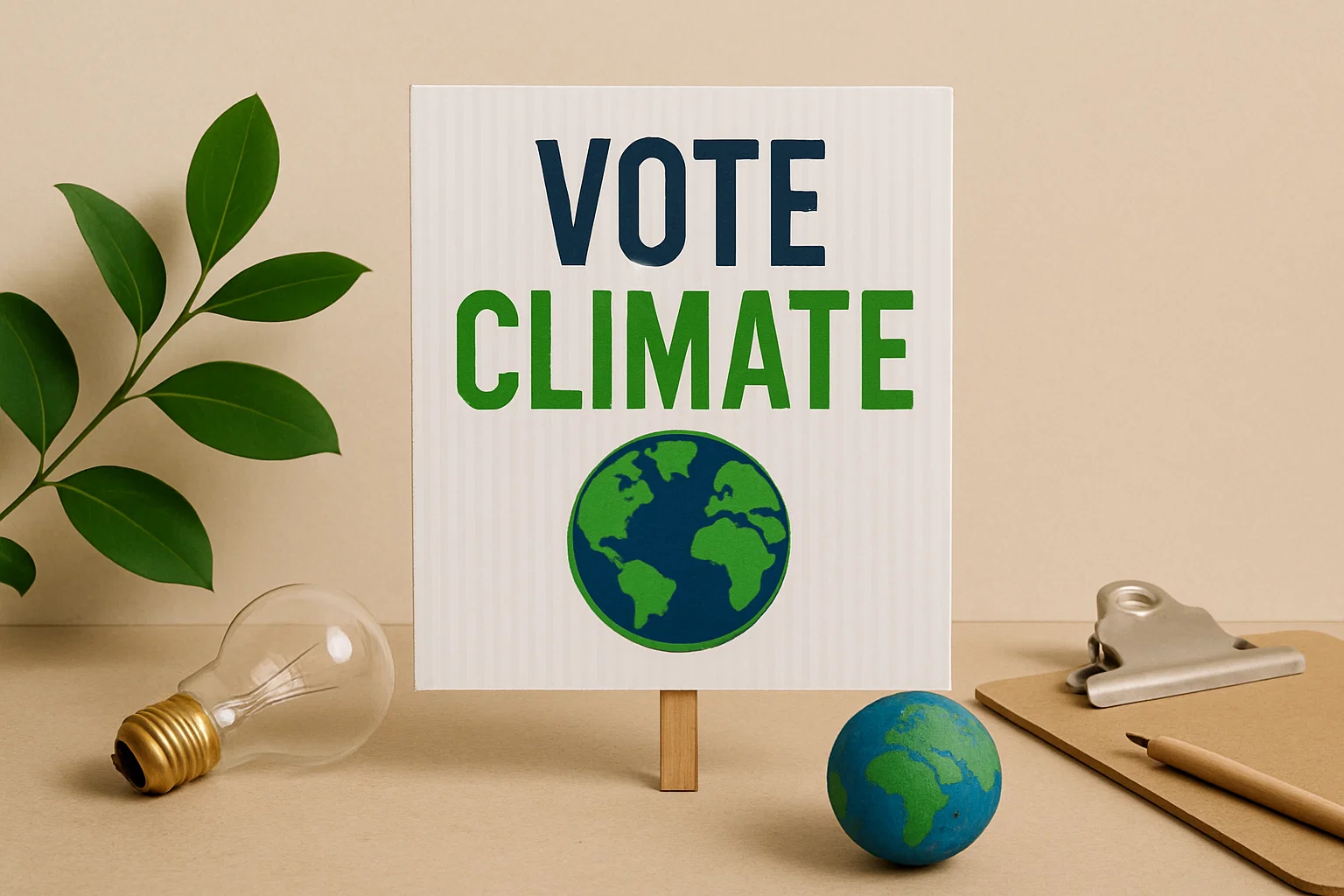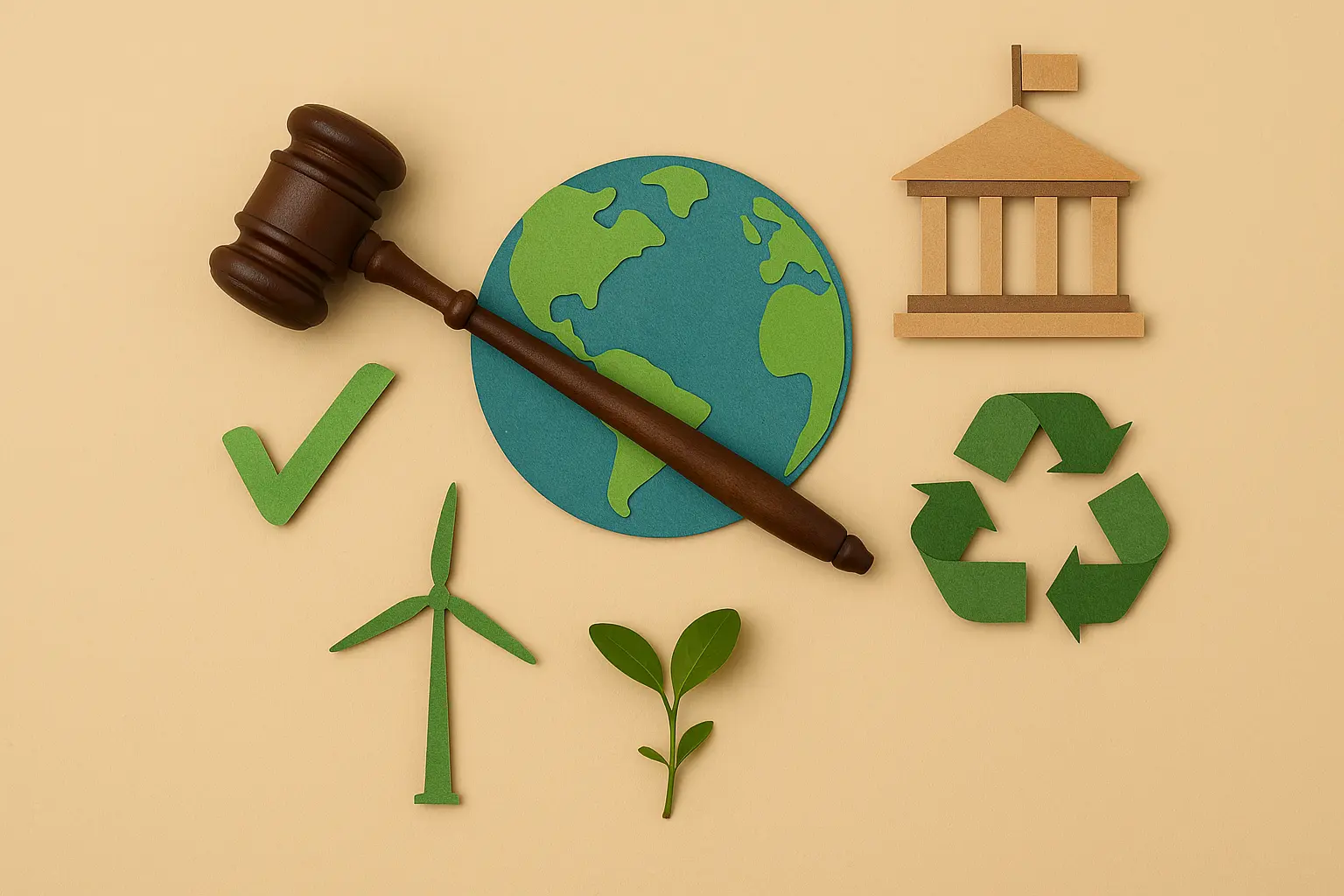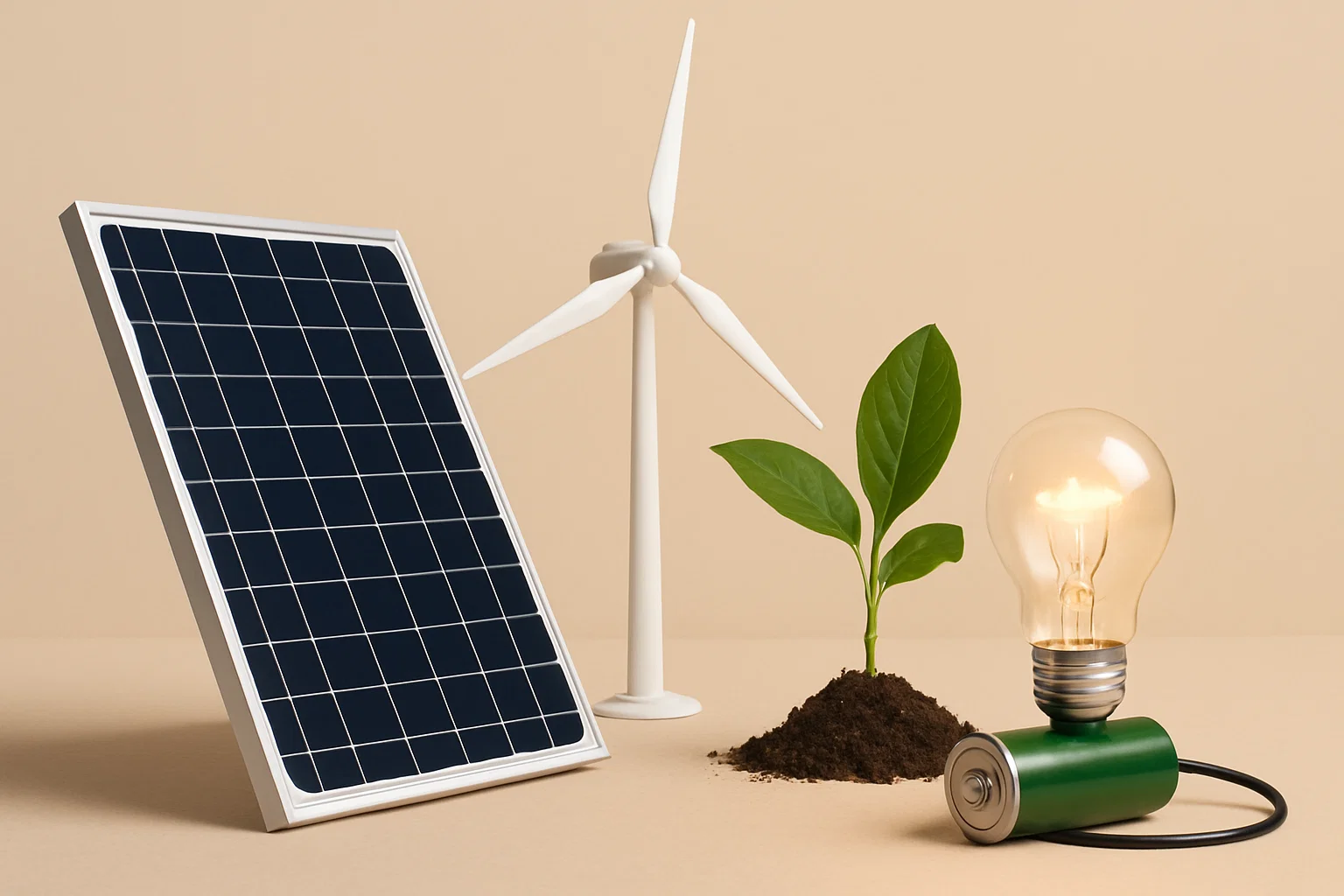Your Voice for the Planet: Why Engaging with Environmental Policy Matters

In our complex and interconnected world, the health of our planet is inextricably linked to the policies and regulations enacted at local, regional, and national levels. Environmental policies shape everything from the air we breathe and the water we drink to the protection of our natural landscapes and the transition towards a sustainable future. While individual actions to reduce our environmental footprint are crucial, these efforts are often amplified or hindered by the broader policy landscape. Choosing not to engage with environmental policy, including abstaining from voting, can inadvertently slow progress on critical climate action and the implementation of crucial environmental protections. Recognizing the power of our collective voice within democratic processes and actively participating in shaping environmental policy is a vital step towards creating a healthier and more sustainable world for all.
The impact of environmental policy is far-reaching, influencing the regulations that govern pollution, conserve natural resources, promote renewable energy, and protect biodiversity. Strong environmental policies can drive innovation in clean technologies, hold corporations accountable for their environmental impact, and establish frameworks for a just and equitable transition towards a sustainable economy. Conversely, weak or absent environmental policies can lead to unchecked pollution, the degradation of ecosystems, and a slower response to the urgent challenges of climate change. Therefore, our engagement with environmental policy, through various avenues of civic action, is not merely a political act; it is a fundamental aspect of safeguarding our well-being and the future of our planet.
Fortunately, even beyond the ballot box, numerous avenues exist for individuals to make their voices heard and influence environmental policy. By actively choosing to vote for climate advocates who prioritize environmental protection, participating in public hearings to voice concerns and share expertise, and engaging in citizen petitions to demonstrate public support for specific policies, we can leverage our democratic voice and contribute to shaping a more sustainable and environmentally responsible future. These forms of civic engagement, both individually and collectively, can send powerful signals to policymakers and contribute to the development and implementation of effective environmental regulations.
Amplifying Your Impact: Practical Ways to Engage with Environmental Policy
Moving beyond simply observing the policy landscape involves actively participating in the democratic processes that shape our environmental future:
Vote for Climate Advocates: Electing Environmental Champions
One of the most direct and impactful ways to influence environmental policy is through our vote. By researching candidates at all levels of government – local, state, and national – and supporting those who have demonstrated a strong commitment to environmental protection and climate action, we can elect leaders who will prioritize these critical issues. Organizations like the League of Conservation Voters and Vote Earth Now provide valuable resources for identifying pro-environment candidates and understanding their platforms. Our vote is a powerful tool to ensure that environmental concerns are represented in the halls of power.
Public Hearings: Sharing Your Expertise and Concerns
Public hearings offer a crucial platform for citizens to directly engage with policymakers on specific environmental issues and proposed regulations. These hearings provide an opportunity to voice your concerns, share your expertise, and offer valuable perspectives that can inform the decision-making process. Participating in public hearings, whether in person or virtually, allows you to directly influence the development and implementation of environmental policies that affect your community and the wider environment.
Citizen Petitions: Demonstrating Collective Support
Citizen petitions provide a collective way to demonstrate public support for specific environmental policies or concerns. By signing petitions organized by environmental organizations like EarthDay.org or initiating your own, you can add your voice to a growing chorus calling for action. Policymakers often pay attention to the number of signatures on petitions, as they represent the collective will of their constituents. Engaging in citizen petitions is a simple yet effective way to amplify your individual impact and show elected officials that environmental issues are a priority for the public.
Embracing Your Civic Duty: A Voice for a Sustainable Future
Engaging with environmental policy, through voting for climate advocates, participating in public hearings, and signing citizen petitions, is a fundamental aspect of responsible citizenship in an era defined by environmental challenges. By leveraging our democratic voice, we can contribute to shaping a more sustainable and environmentally just future for ourselves and generations to come. Our active participation ensures that the health of our planet remains a priority in the decisions that govern our society.
Related Blogs

Glimmers of Progress: Ten Policy Victories That Advanced Planetary Health in the Past Year
Insights on how environmental policy affects you (even if you don’t vote) in a sustainable way.

Decoding the Global Commitment: A Breakdown of the Paris Agreement and the Path Forward
Insights on a breakdown of the paris agreement (and what’s next) in a sustainable way.

Ban the Bag: Choosing Reusable Alternatives to Single-Use Plastic Carry Bags
Support local bans and global reduction by opting for cloth, jute, or foldable reusable bags.

Bank for a Better Future: Choosing Ethical Finance to Power a Cleaner Planet
Finance a cleaner planet by opting for ethical banks, green investment funds, and impact fintech.

Beyond the Ban: Navigating the Post-Plastic Bag Landscape Towards True Sustainability
Insights on banning plastic bags in a sustainable way.

Powering Change: Choosing Clean Energy Alternatives to Conventional Sources
Align with energy transition policies by opting for green providers, solar, or co-operatives.
Stay in the Loop
Get tips and insights tailored to your interests — no spam, just sustainability.